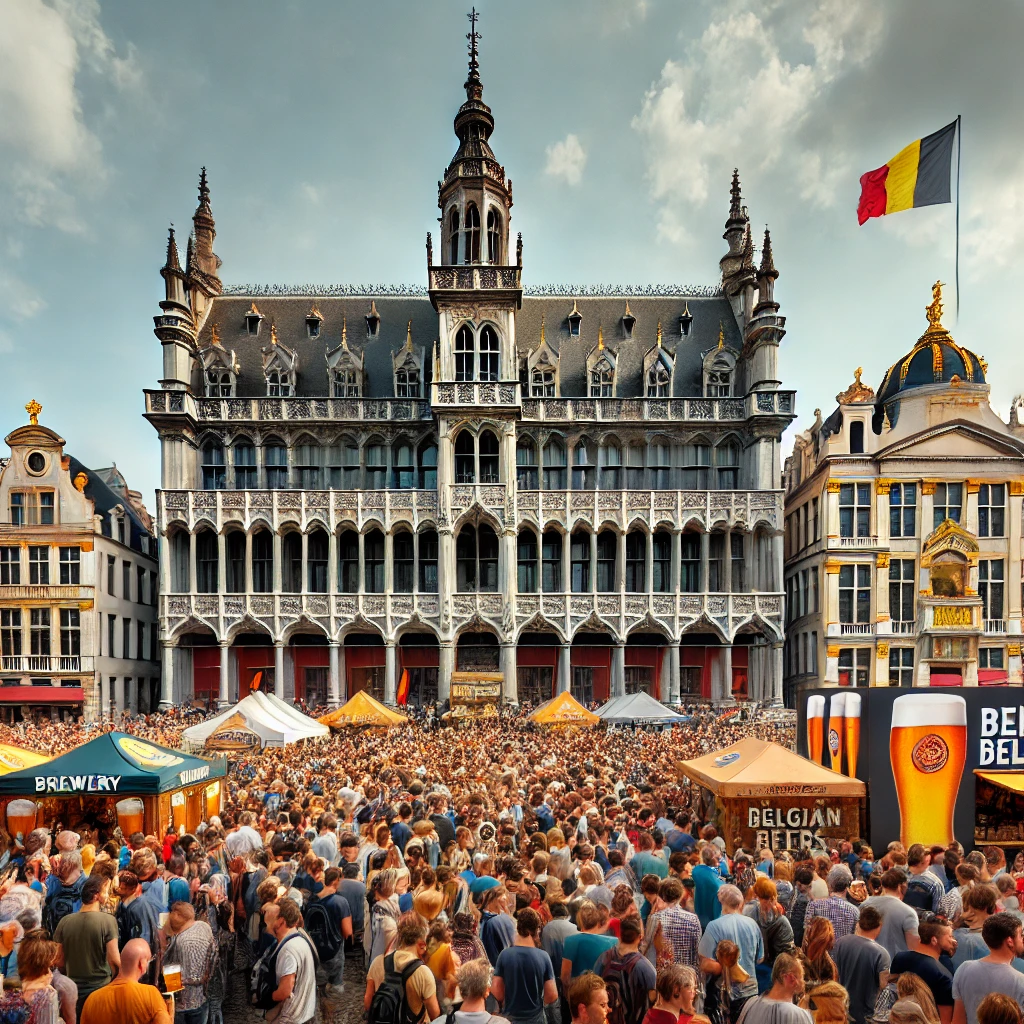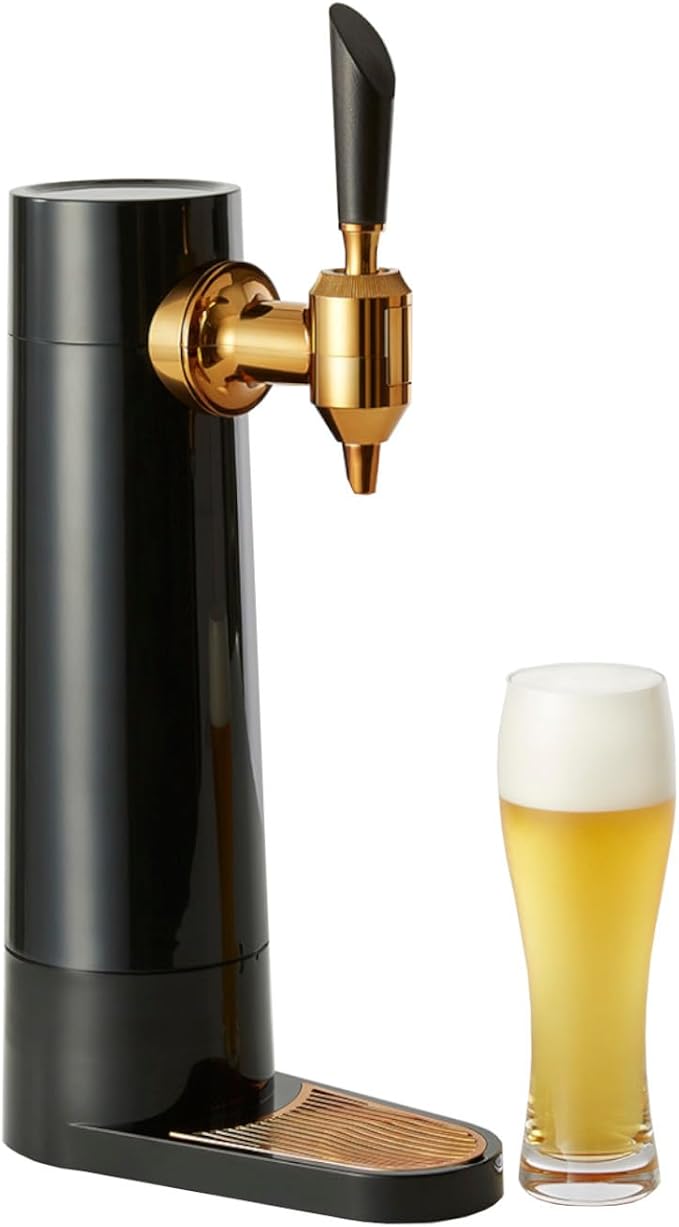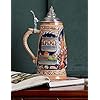Featured Festivals

Great British Beer Festival (London, UK)
Great British Rendition Overview and Experience: Imagine walking into a grand, historic venue in the heart of London, t...
Learn More
Beer & Food Attraction (Rimini, Italy)
Overview and Experience: Held in the picturesque coastal city of Rimini, Italy, Beer & Food Attraction is a unique ...
Learn More
Barcelona Beer Festival (Barcelona, Spain)
Overview and Experience: The Barcelona Beer Festival is Spain’s largest craft beer event, and it takes place every Ma...
Learn More
Belgian Beer Weekend (Brussels, Belgium)
Belgian Beer Festival Overview and Experience: Stepping into the Belgian Beer Weekend feels like walking into a celebra...
Learn More
Great American Beer Festival (Denver, USA)
Great American Rendition Overview and Experience: The Great American Beer Festival (GABF) in Denver, Colorado, is the p...
Learn More
The Brussels Beer Weekend (Brussels, Belgium)
Overview and Experience: Held annually in the heart of Belgium, the Brussels Beer Weekend is one of Europe’s most ren...
Learn More



